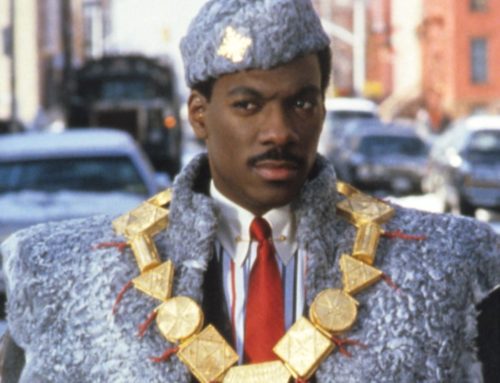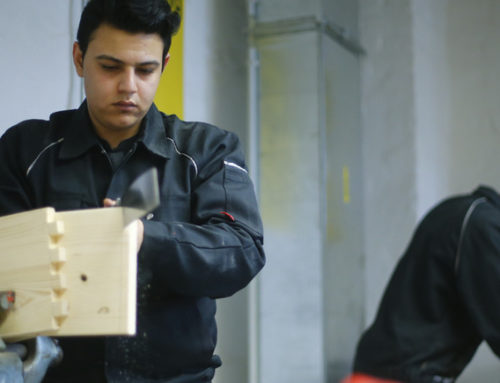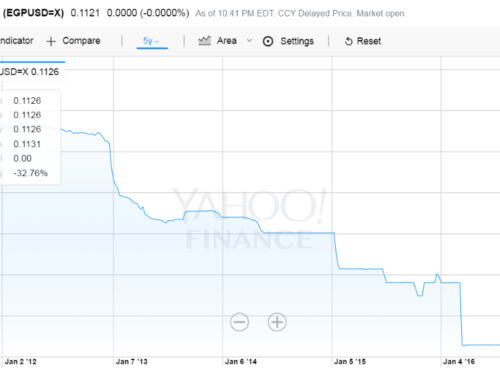Long story short: I voted. And I hated it.
Crossposted at Foreign Policy Magazine: Transitions.

Yes, that’s totally me. My hand is white now.
I ticked the ballot, dropped it in the box, and promptly left. I wanted to get it over with as quickly as possible. I’m glad there was no finger inking. My heart wasn’t in it.
Never would I have thought that casting a vote in our first presidential elections, more than a year after the revolution, would feel so uninspiring — bitter, even.
As I’ve said repeatedly, Egyptians are in damage control mode, attempting to salvage the country from the vagaries of Mubarak’s goons — the political or the street variety — and the sectarian Islamist parties, who are all putting their own interests ahead of the nation’s.
In the absence of a favored candidate, the methodology of damage control suggests that we proceed by elimination: The least bad candidate wins.
The first round of elimination left me with, well, no one. It was disappointing to realize that I was forced to cut back on the things I expected of my candidate.
As a next step, then, I lowered my selection criteria. Then I made what I hoped was a sensible vote. I dropped the ballot into the box and left.
As one of nearly 560,000 Egyptians voting abroad in these elections, I cast my vote several days before my compatriots in Egypt. (I voted in Tunisia.) Though the registration rate is very low (Egyptian expatriates number in the several millions), turnout is quite high, according to embassy staff I spoke to in two different countries.
Egypt is voting for a president whose duties are yet to be determined, following a depressingly clumsy (and manipulated) constitutional referendum in March 2011. That result rejected the plan of drafting a new constitution prior to elections, the preferred option in most revolutionary circles. Now, as we vote for a president, our choices are poor. Of 13 candidates, seven can be safely dismissed as uncompetitive. Of the remaining six, none get my wholehearted vote.
Two of them are Mubarak’s men. Amr Moussa was his long-time Minister of Foreign Affairs. He was also the secretary general of the Arab League for the first 10 years of the century, and he is both a seasoned diplomat and an excellent speaker. Being outside of the Egyptian government for over a decade has helped to reinvigorate his public image. On paper, his political program is prettily packaged, but advocates limited, incremental reforms that fall short of the radical changes both possible and necessary to meet the rising aspirations of a nation that rose to remove a tyrant 16 months ago, and has endured enormous difficulties in the period since.
The other representative of the old regime, retired general Ahmed Shafiq, did a terrible job of managing the national airline as Minister of Civil Aviation before being appointed as Mubarak’s last prime minister. In that capacity, his job was to destroy the revolution: To put it bluntly, to kill us protesters. (So one may ask why anyone, including the staunchest reactionaries, would vote for a man who miserably failed at his primary task during his last stint in high office). His campaign is being run from a former office of the NDP, Mubarak’s party, and his bid is the favorite of the SCAF, Egypt’s ruling military junta.
Then there are the Islamist candidates. Mohamed Morsi is the Muslim Brotherhood’s last-minute candidate. He’s a man of no charisma or credibility, but he’s buoyed by a political movement that is willing to go so far as to claim that Morsi’s political project is somehow identical to the Prophet Mohammed’s. His political program is the Muslim Brotherhood’s “Renaissance Program” — a development agenda that is not supposed to yield any benefits for a dozen years.
Abdel Moneim Aboul Fotouh is a long-time Muslim Brotherhood leader who only left his post on the organization’s Guidance Council last year, when he insisted on running for president against the will of his colleagues. He recently gained the endorsement of the far-right salafi Nour party; what he promised them is anybody’s guess.
The saving grace of Aboul Fotouh’s campaign is the team he has surrounded himself with. Nevertheless, the candidate is proving time and again that he’s playing both sides, offering a very conservative discourse to conservative constituencies, while cultivating a “liberal Islamist” image to appeal to liberal voters. More thanks to his support team than himself, he is a tolerable candidate to me, but surely not my favorite.
The remaining two candidates both have their political and human merits. Khaled Ali is a young lawyer and renowned labor rights activist. I met him several times prior to the revolution and my respect for him has not faltered since. Of the bunch, he is the one who most earns my respect and admiration. His presidential team includes many outstanding revolutionary figures I personally hold in high esteem.
The other, Hamdeen Sabahi, is a Nasserist politician, twice opposition parliamentarian, and a long-time anti-government activist. Jailed more than a dozen times over the past three decades, he also commends wide respect among activist and revolutionary circles.
Eliminating the Mubarak leftovers (Shafiq and Moussa) and the Muslim Brotherhood candidates (Morsi and Aboul Fotouh), we are left with Sabahi and Ali — both deeply embedded in the left of the economic spectrum, with Ali marginally further to the left of Sabahi. Interestingly, however, their positions aren’t the usual political populist opportunism we’ve seen since the revolution: Both have deeply engrained socialist beliefs that will likely translate into a deepening of the budget deficit. For a country reeling from an economic crisis caused by a very long 16 months of economic mismanagement, this is a far cry from what the country needs. Nevertheless, their political statements suggest that other candidates are also likely to “go populist:” Caving in to short-term demands while sacrificing long-term prospects. So perhaps it’s not worth dwelling on this point.
Of the two, however, Khaled Ali trails in the opinion polls; his chances of making it to a run-off are effectively nil. Hamdeen’s experience and long-time political presence give him acceptance nationwide. His campaign theme, “one of us,” has resonated far beyond the Cairo-centric campaign sphere.
While opinion polls are often contradictory, it would appear that Moussa and Aboul Fotouh lead the race. But I believe there is plenty of room for surprises.
And, in a way, that might be this election’s silver lining: For the first time, perhaps in centuries, we don’t know who will win the elections before they’ve taken place.



